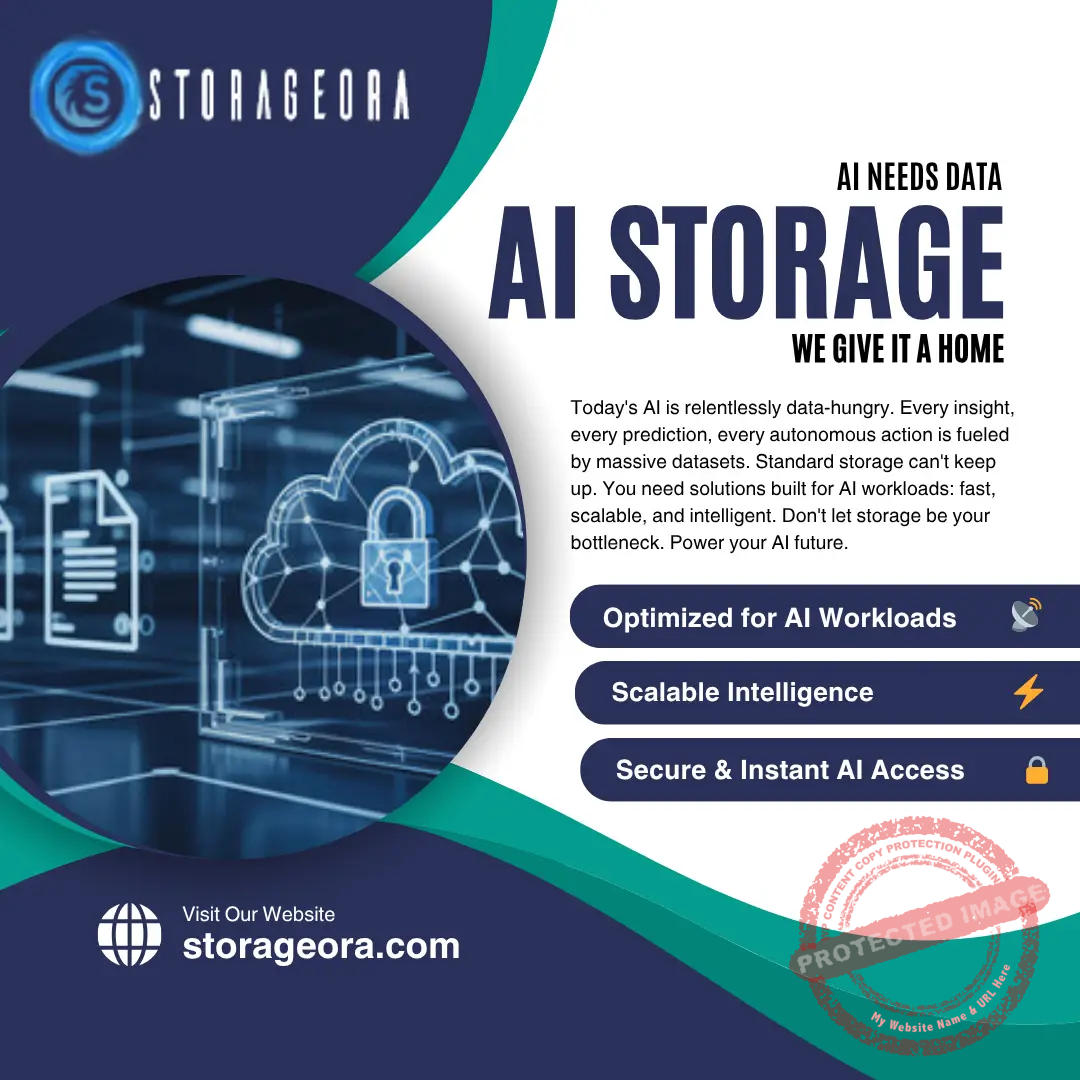Why the next generation of web hosting will feel less like renting a server and more like plugging into an intelligent utility.
The New Era Of Web Hosting
The hosting industry is no longer just about where you park your website. In 2026, web hosting is evolving into an intelligent, automated, and highly distributed infrastructure layer that underpins everything from small-business storefronts to AI-native “agent clouds.”
The global web hosting market is projected to grow from roughly 125 billion dollars in 2025 to more than 350 billion dollars by 2029, driven by cloud adoption, AI-powered site builders, and rising demand for managed services. Hostinger For businesses and developers, this growth is reshaping expectations around performance, security, sustainability, and developer experience.
From Shared Servers To AI-Enhanced Cloud Platforms
Traditional shared hosting is still widely used, but the momentum has shifted toward cloud-based models and managed platforms. Industry reports on hosting trends in 2025 highlight several core themes that are already defining the next wave: AI integration, green hosting, serverless architectures, edge computing, and stronger security. Hosted.com+1
AI is embedded at almost every layer. Hosting providers are rolling out AI-driven monitoring that predicts traffic spikes, automates scaling, scans for vulnerabilities, and even recommends configuration changes. Gartner describes AI-enabled cloud services as the next foundational phase of cloud computing, changing everything from infrastructure management to application deployment. Gartner
For non-technical users, AI builders are collapsing barriers to entry. Drag-and-drop editors are increasingly coupled with generative AI that writes copy, drafts layouts, and suggests SEO optimizations based on live performance and search data. On the back end, those same models tune caching, database connections, and resource allocation with minimal human intervention.
Hosting For An AI-First Internet
The content of the web is changing as fast as the infrastructure that hosts it. Vercel’s vision of an “AI cloud” designed specifically for AI agents hints at where web hosting is heading: long-running AI processes, agentic workflows, and continuous reasoning loops that stay online like microservices, not static pages. Business Insider
Behind the scenes, this shift requires:
High-density hardware in hyperscale data centers that can manage huge AI workloads without collapsing power budgets.
Smarter multi-cloud orchestration so workloads can move to the cheapest, cleanest, or lowest-latency region in real time. liquidweb.com
Advanced observability tools that monitor not just CPU and RAM but GPU utilization, prompt latencies, and model-level performance.
Web hosting is becoming the platform layer for AI-native applications, whether those are chatbots, autonomous agents, or personalized content systems.
The Rise Of Managed And Opinionated Platforms
While infrastructure is getting more complex, many customers want the opposite experience: less complexity, more abstraction. That is why fully managed hosting and platform-as-a-service (PaaS) solutions are growing faster than bare-metal or unmanaged VPS. Hostinger’s market analysis points to growing demand for managed hosting as businesses look to offload server administration, security patching, and backup routines. Hostinger
Opinionated platforms now provide:
Preconfigured stacks for WordPress, Shopify-like commerce engines, and headless CMSs.
Security presets that bundle SSL, WAF rules, DDoS mitigation, and zero-trust access into a single plan. eukhost
Integrated developer workflows with CI/CD, preview environments, and rollbacks baked into the hosting dashboard.
Rather than hopping between providers for DNS, CDN, email, databases, and security, many businesses adopt a single, vertically integrated hosting platform.
Performance, Edge, And User Experience
In 2026, performance is not a nice-to-have; it is the primary driver of user satisfaction, conversion, and SEO. Modern hosting strategies lean heavily on edge computing and content delivery networks to push content closer to users. Reports on 2025 hosting trends call edge integration and CDNs one of the most important developments for the coming years because they dramatically reduce latency and accelerate both static and dynamic content. ProlimeHost
This shift is changing how developers think about deployment. Instead of one central server, applications are split into static assets, edge functions, and regional APIs, all orchestrated by the hosting platform. As hosting advice for 2025 notes, implementing a CDN can improve performance by up to 95 percent in certain configurations, illustrating just how significant these optimizations can be. HostingAdvice.com
Closing Thoughts And Looking Forward
By 2026, web hosting will look far less like renting a box in a data center and much more like plugging into an intelligent, globally distributed utility. AI-driven automation, multi-cloud architectures, and edge computing are converging to deliver hosting that is smarter, faster, and more resilient than anything seen in the early cloud era.
For businesses, the challenge will be strategic, not purely technical: choosing providers that combine performance, sustainability, security, and support without locking them into rigid ecosystems. For providers, the next competitive edge will be their ability to simplify this complexity while continuously innovating behind the scenes.
References
Hostinger. “Web Hosting Statistics 2025: Key Trends, Facts & Global Outlook.” Hostinger Tutorials. https://www.hostinger.com/tutorials/web-hosting-statistics
CloudLinux. “Web Hosting Trends & Innovations 2025.” CloudLinux Report. https://cloudlinux.com/wp-content/uploads/2025/04/Web_Hosting_Trends_26_Innovations_2025.pdf
Hosted.com. “Top Web Hosting Trends to Watch in 2025.” Hosted Blog. https://www.hosted.com/blog/web-hosting-trends/
Gartner. “AI-Enabling Cloud Services Are the Future of Cloud.” Gartner Newsroom. https://www.gartner.com/en/newsroom/press-releases/2025-09-24-ai-enabling-cloud-services-are-the-future-of-cloud
Liquid Web. “The Future of Web Hosting: 8 Emerging Trends.” Liquid Web Blog. https://www.liquidweb.com/blog/future-of-web-hosting/
Author and Co-Editor: Claire Gauthier, Author: – eCommerce Technologies, Montreal, Quebec; Peter Jonathan Wilcheck, Co-Editor, Miami, Florida.
#webhosting #cloudhosting #AIhosting #multiCloud #edgecomputing #managedhosting #serverless #websiteperformance #digitalinfrastructure #ecommercehosting
Post Disclaimer
The information provided in our posts or blogs are for educational and informative purposes only. We do not guarantee the accuracy, completeness or suitability of the information. We do not provide financial or investment advice. Readers should always seek professional advice before making any financial or investment decisions based on the information provided in our content. We will not be held responsible for any losses, damages or consequences that may arise from relying on the information provided in our content.





 AMD
AMD TMC
TMC IE
IE MSI
MSI NOK
NOK DELL
DELL ECDH26.CME
ECDH26.CME